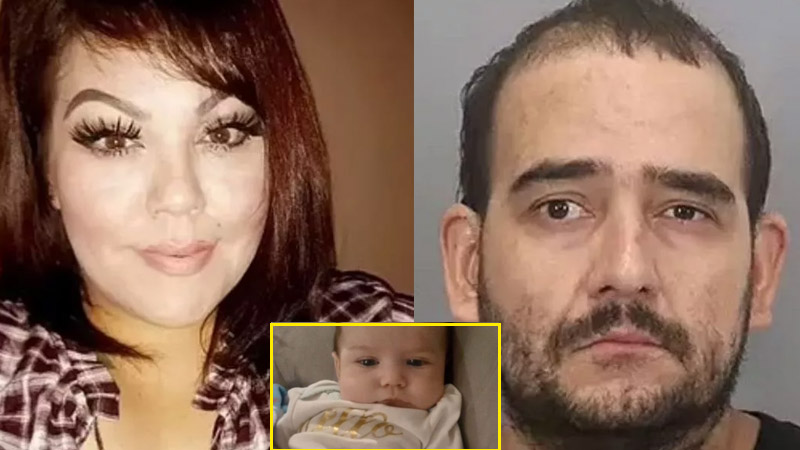In a tragic incident in Santa Clara County, California, a newborn named Phoenix died from a fentanyl overdose shortly after legal decisions allowed her to remain in the custody of her father, who has a history of drug abuse. This came following a change in local regulations on child removals and amidst scrutiny over the county’s child welfare practices.
Prior to Phoenix’s death, social workers had expressed concern about “progressive” legal perspectives that seemed to override their professional judgments on child safety. The county had been in the midst of an investigation triggered by these worries when Phoenix was found dead in a home cluttered with drugs.
James Williams, the county executive and former lead counsel, acknowledged the system’s failure in protecting the infant, openly stating that Phoenix should never have been in her father’s care. He admitted a flawed assessment of the father’s ability to provide safe care for his daughter but did not confirm if legal counsel had overruled the social workers involved in Phoenix’s case.
Phoenix was found deceased in a home filled with dangerous drugs, despite clear warnings from neighbors about her father, David Castro. Castro had a record of eight previous drug convictions and had lost custody of other children before. The county had recently lowered its criteria for removing children from homes, a move intended to address racial justice issues. Neighbors and community members are now voicing their grief and outrage, questioning why Phoenix was not removed from an unsafe environment.
Emily De La Cerda, Phoenix’s mother, was in rehabilitation for drug issues at the time of the incident. Three months after Phoenix’s death, she too succumbed to a fentanyl overdose. Police, upon discovering the unconscious child, also found evidence of drug use in Castro’s home. Castro is facing charges of felony child neglect and drug possession, told Mercury News.
The tragedy has highlighted the county’s previous declarations of reduced child removals and a new approach focused on minimizing family separations, based on evidence regarding the trauma caused by even temporary removals from a family setting. However, the case has also brought to light the tension between this approach and the imperative to protect children’s safety.
Steve Baron, a seasoned professional in child welfare cases, criticized the county’s practices, suggesting that legal counsel was making uninformed decisions on child safety, potentially putting children at risk.
Dan Little, the director of the county’s Department of Family and Children’s Services (DFCS), had previously directed social workers to align with a commitment to racial justice and to address the disproportionate representation of children of color in the welfare system.
The county continues to defend its stance, while experts like Baron advocate for a more balanced approach that prioritizes children’s safety alongside the goal of keeping families together.


